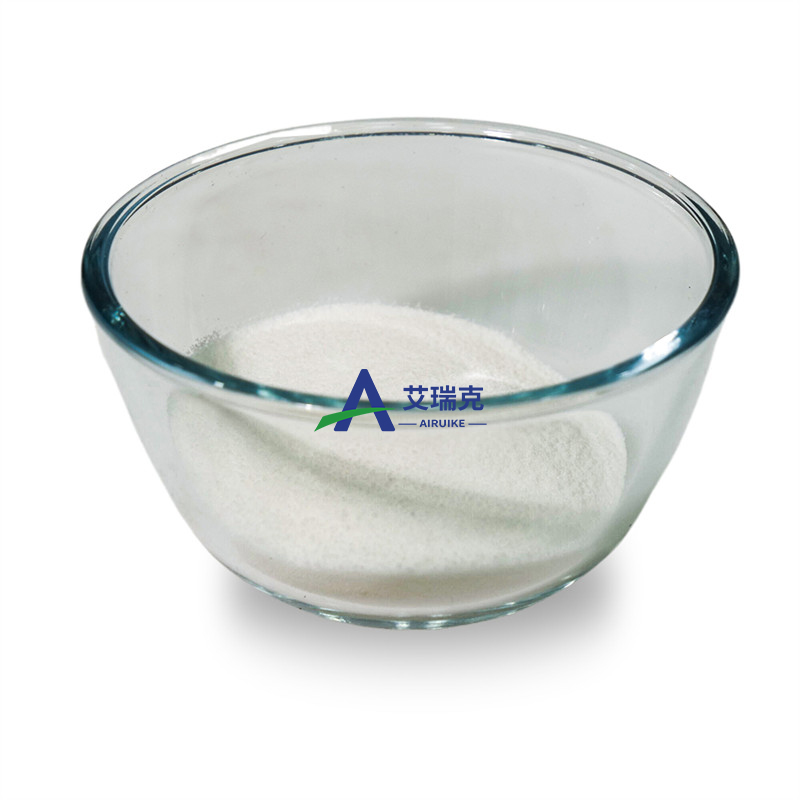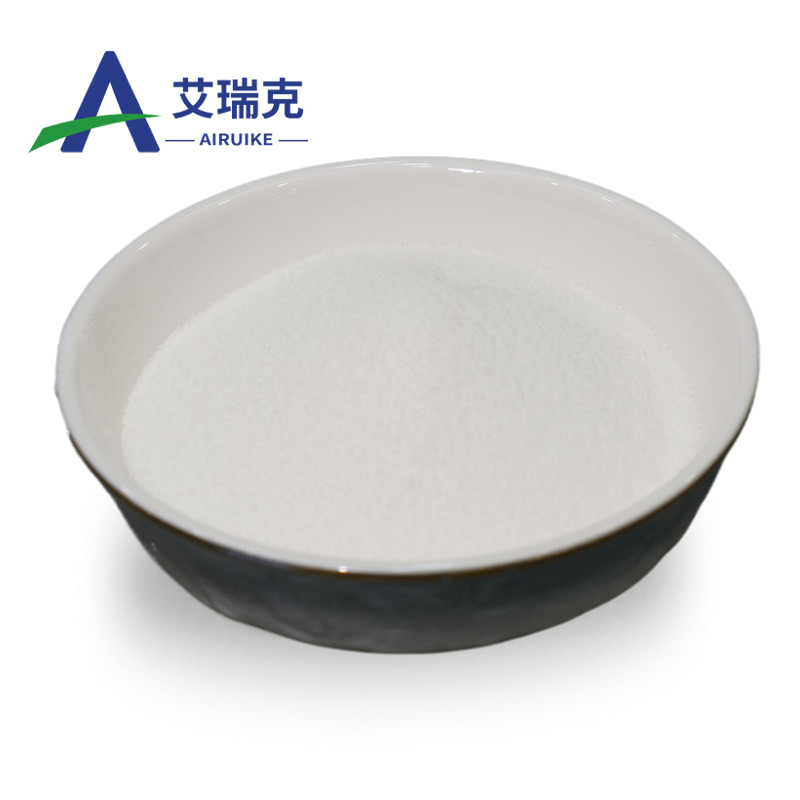-
Categories
-
Pharmaceutical Intermediates
-
Active Pharmaceutical Ingredients
-
Food Additives
- Industrial Coatings
- Agrochemicals
- Dyes and Pigments
- Surfactant
- Flavors and Fragrances
- Chemical Reagents
- Catalyst and Auxiliary
- Natural Products
- Inorganic Chemistry
-
Organic Chemistry
-
Biochemical Engineering
- Analytical Chemistry
-
Cosmetic Ingredient
- Water Treatment Chemical
-
Pharmaceutical Intermediates
Promotion
ECHEMI Mall
Wholesale
Weekly Price
Exhibition
News
-
Trade Service
▎The content team editor of WuXi AppTec recently announced that Pfizer (Pfizer) announced that its innovative oral antiviral therapy for the treatment of new coronavirus infections has entered the dose escalation phase of phase 1 clinical trials.
This potential "first-in-class" oral drug candidate named PF-07321332 is a new coronavirus 3CL protease inhibitor, which has shown strong anti-new coronavirus activity in in vitro experiments.
Moreover, it also shows activity against other coronaviruses other than the new coronavirus, which means that in addition to treating COVID-19, it has the potential to respond to the threat of future coronaviruses.
The new coronavirus is an RNA virus.
After entering the cell, it uses the cell's protein synthesis mechanism to generate a long polypeptide chain containing a variety of functional proteins.
This long polypeptide chain needs to be cleaved by a protease to produce a functional protein.
Protease inhibitors bind to viral proteases to inhibit the action of proteases, thereby preventing the production of functional proteins and blocking virus replication in cells.
They have shown good results in the treatment of HIV infection and hepatitis C virus infection.
▲Schematic diagram of the mechanism of protease inhibitors blocking the replication of the new coronavirus (picture source: reference [2]) "Overcoming the COVID-19 pandemic requires not only vaccines to prevent infection, but also targeted therapies to treat infected people.
" Chief Science of Pfizer Officer Dr.
Mikael Dolsten said, “We designed PF-07321332 as an oral therapy that can be taken after the first symptoms of infection are discovered.
At the same time, we are also developing an intravenous infusion antiviral therapy for the treatment of hospitalized patients.
These two candidate therapies are expected to provide COVID-19 patients with treatment options covering the entire course of the disease.
"Reference: [1] PFIZER INITIATES PHASE 1 STUDY OF NOVEL ORAL ANTIVIRALTHERAPEUTIC AGENT AGAINST SARS-COV-2.
Retrieved March 24, 2021, from https:// -detail/pfizer-initiates-phase-1-study-novel-oral-antiviral[2] Protease Inhibitors to Fight COVID-19: Stopping theVirus's Life Cycle.
Retrieved March 24, 2021, from https:// /foundations-science/protease-inhibitors-fight-covid-19-stopping-virus-life-cycle Note: This article aims to introduce the progress of medical and health research, not a treatment plan recommendation.
If you need treatment plan guidance, please go to a regular hospital .
This potential "first-in-class" oral drug candidate named PF-07321332 is a new coronavirus 3CL protease inhibitor, which has shown strong anti-new coronavirus activity in in vitro experiments.
Moreover, it also shows activity against other coronaviruses other than the new coronavirus, which means that in addition to treating COVID-19, it has the potential to respond to the threat of future coronaviruses.
The new coronavirus is an RNA virus.
After entering the cell, it uses the cell's protein synthesis mechanism to generate a long polypeptide chain containing a variety of functional proteins.
This long polypeptide chain needs to be cleaved by a protease to produce a functional protein.
Protease inhibitors bind to viral proteases to inhibit the action of proteases, thereby preventing the production of functional proteins and blocking virus replication in cells.
They have shown good results in the treatment of HIV infection and hepatitis C virus infection.
▲Schematic diagram of the mechanism of protease inhibitors blocking the replication of the new coronavirus (picture source: reference [2]) "Overcoming the COVID-19 pandemic requires not only vaccines to prevent infection, but also targeted therapies to treat infected people.
" Chief Science of Pfizer Officer Dr.
Mikael Dolsten said, “We designed PF-07321332 as an oral therapy that can be taken after the first symptoms of infection are discovered.
At the same time, we are also developing an intravenous infusion antiviral therapy for the treatment of hospitalized patients.
These two candidate therapies are expected to provide COVID-19 patients with treatment options covering the entire course of the disease.
"Reference: [1] PFIZER INITIATES PHASE 1 STUDY OF NOVEL ORAL ANTIVIRALTHERAPEUTIC AGENT AGAINST SARS-COV-2.
Retrieved March 24, 2021, from https:// -detail/pfizer-initiates-phase-1-study-novel-oral-antiviral[2] Protease Inhibitors to Fight COVID-19: Stopping theVirus's Life Cycle.
Retrieved March 24, 2021, from https:// /foundations-science/protease-inhibitors-fight-covid-19-stopping-virus-life-cycle Note: This article aims to introduce the progress of medical and health research, not a treatment plan recommendation.
If you need treatment plan guidance, please go to a regular hospital .







